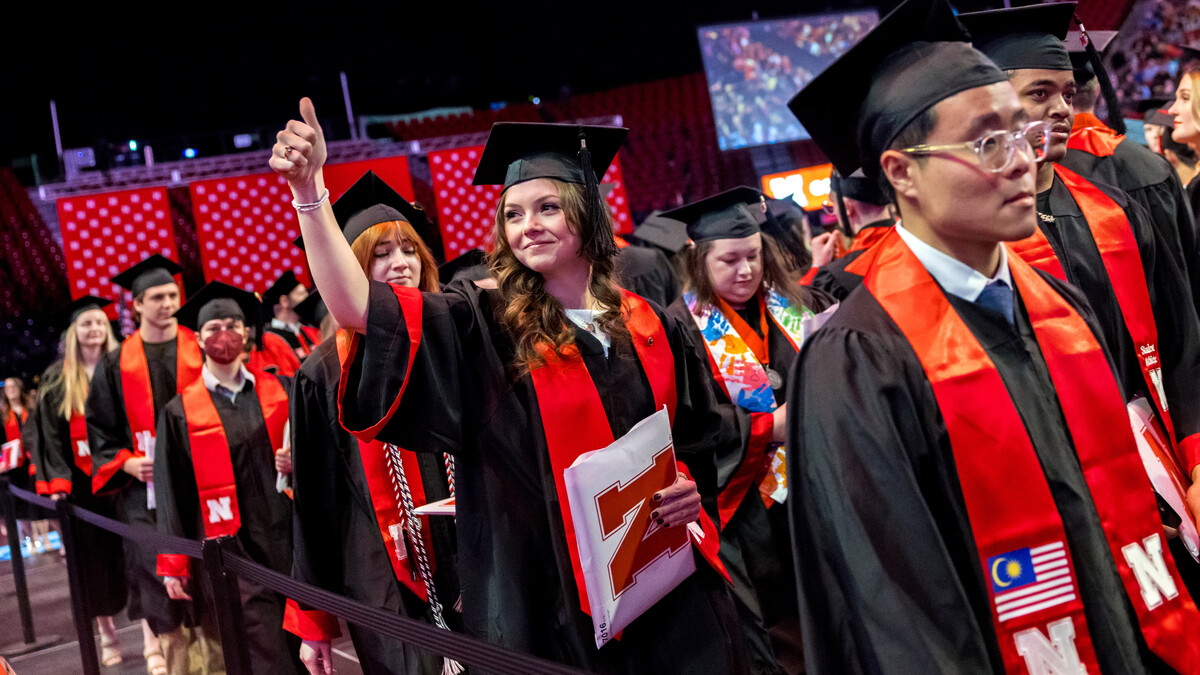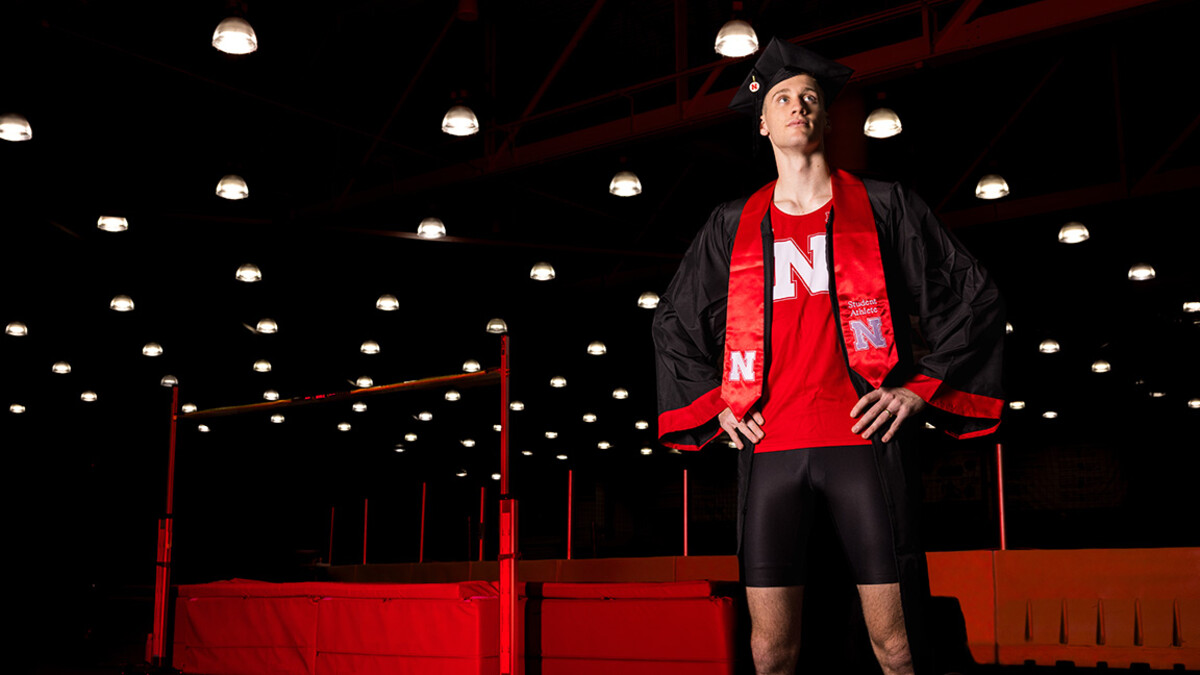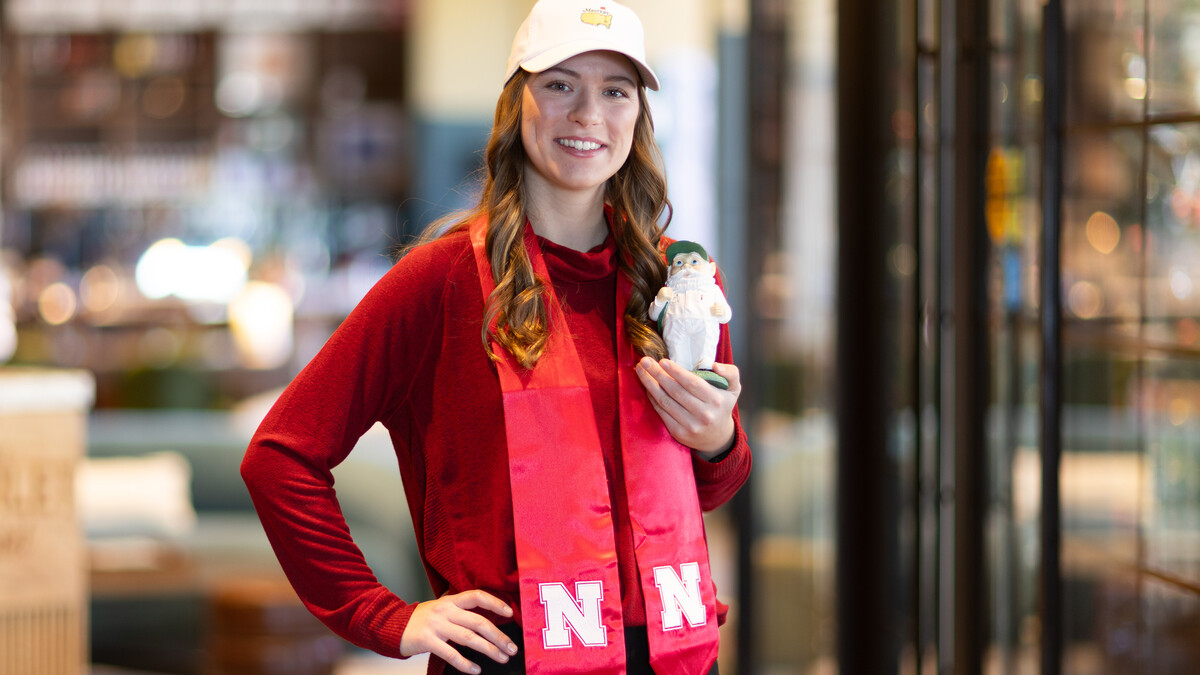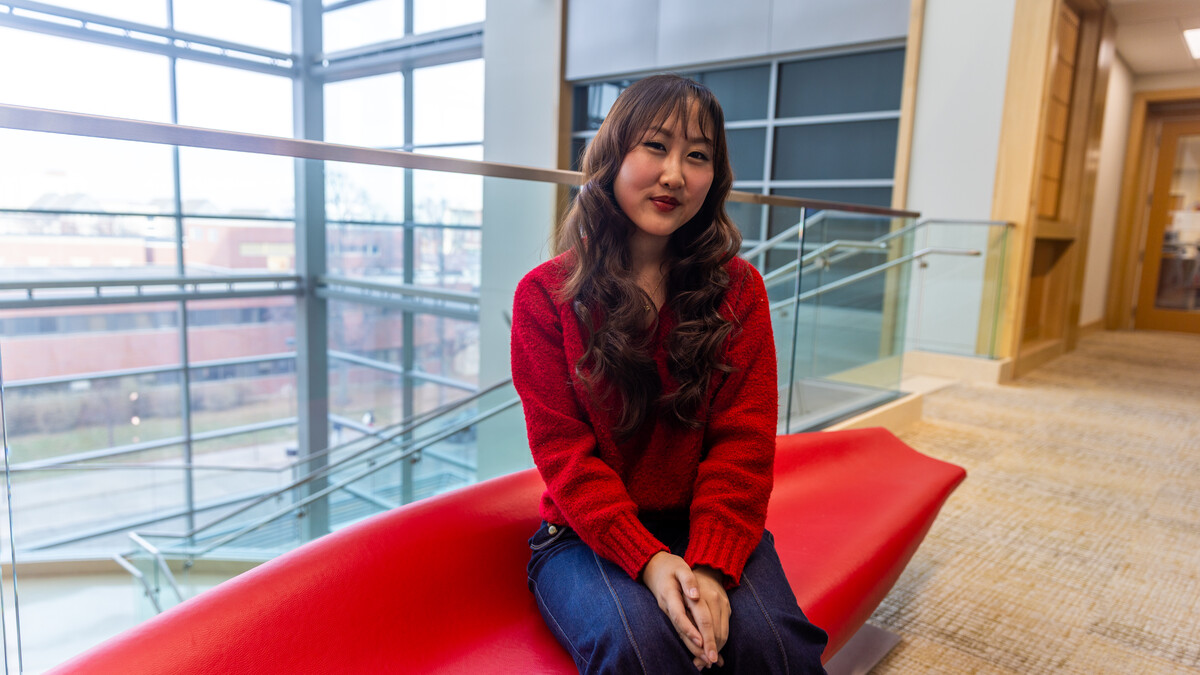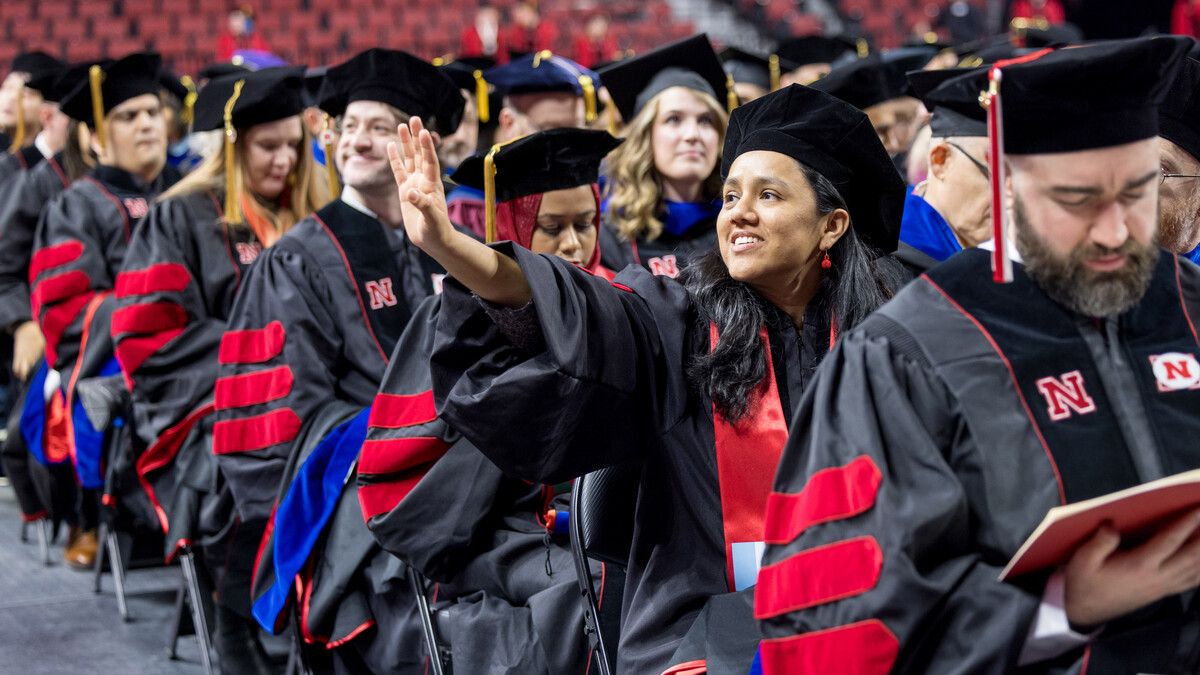
In adjusting to the new normal of a world impacted by COVID-19, many Nebraskans are in need of resources to help cope with stress. Yet, while mental health help is needed, cost barriers and stigmas keep many from reaching out for assistance.
Husker Cassandra Leow, a doctoral candidate studying global family health and wellbeing, wants to change that.
Using her connections to mental health practitioners, Leow organized a group of more than 40 therapists to offer free mental health support for anyone who may be struggling.
Through her training, Leow understands that people are going through a lot right now. She said that when humans are forced to undergo change, especially sudden change, it’s likely to leave them feeling overwhelmed.
“Even the adjusting itself is stressful, because you had a routine of something and suddenly you don’t,” Leow said.
As an advocate for mental health, she wanted to make sure that this service was accessible to all — that way whether they’re at home in Nebraska or across the world they can still access a therapist through the telehealth services. University of Nebraska–Lincoln students, faculty and staff can access Leow’s program in addition to free mental health resources offered to through the University Health Center’s Counseling and Psychological Services and Employee Assistance Program.
She did this all while balancing her own COVID-19 shift. A teaching assistant for three classes, Leow had to quickly adapt to facilitating online instruction. She is also an international student and had to grapple with worry about family members thousands of miles away in an uncertain time.
Though she had a lot of adjust to herself, she still took the time to find a way to help others — and she’s not the only one.
Leow said the professors she works alongside — who are also therapists and especially cognizant of mental health needs in times of sudden change — have been especially accommodating and understanding to their students. One professor even opened up virtual office hours via Zoom, allowing students to ask questions about assignments or to just pop in for a chat with a familiar face.
“Essentially she said, like, ‘You know, I just want to make sure everybody’s doing okay at this time… because as much as you are my students, you’re also human beings that are struggling right now,’” Leow said.



